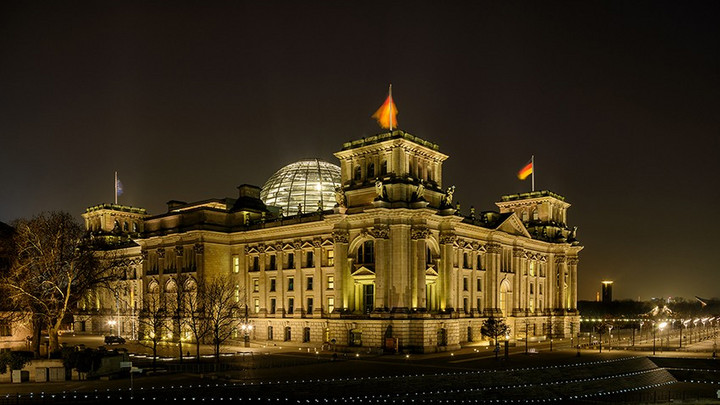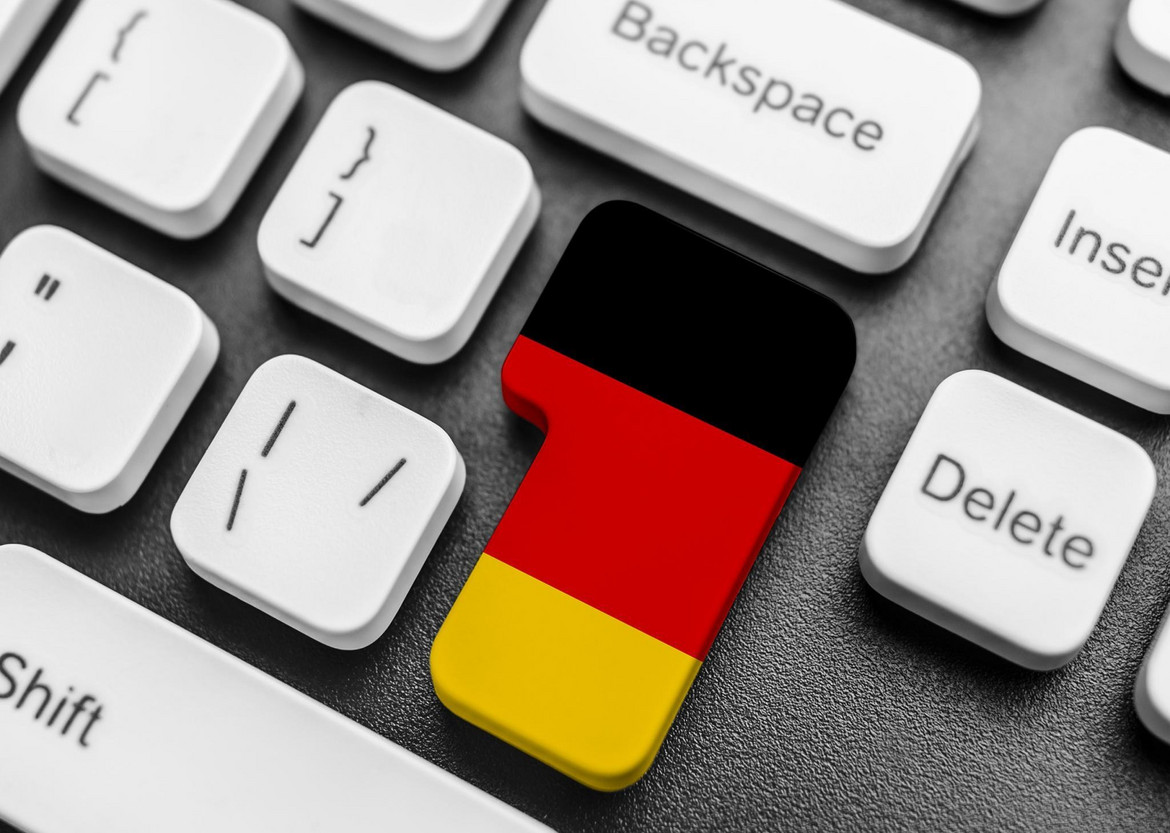A Country Between Governments
As Germany waits for political parties to agree on the next government, the country is experiencing good economic growth. The digital agenda remains challenging, but the avenues for legislative success in the digital agenda are clear.

Credits: © Cameris | iStockphoto
More than two months after the election, there is still no new government in Germany. The country remains uncertain about who its next chancellor will be and what parties will form a coalition. After the failed talks between the Christian Democratic/Christian Socialist Parties, the Green Party and the Free Democratic Party, the biggest news has been that the Social Democratic Party has decided to begin talks with the Christian Democrats/Socialists. These talks are preliminary, and they may or may not lead to the involved parties discussing terms for a government coalition.
In the meantime, the previous federal government led by Angela Merkel continues to run its daily business. Merkel’s role, however, has shifted from chancellor to caretaker chancellor. This is not a desirable state of affairs. Germany, Europe, and the rest of the world face difficult challenges, and the country needs a government capable of taking action. We need a government with a majority in parliament, one that can expect to stay in power for the entire term.
The tasks are enormous, and regarding the many questions that will shape our future, the cards now are being dealt. We cannot afford to take our time with our digital agenda. “Germany is seriously lagging behind in terms of, among other things, broadband expansion, eGovernment and digital education,” says Oliver Süme, Chairman of the Board at eco. “The rest of the world isn’t waiting for us – at other business locations, the digitalization process continues to expand, and here we have a standstill.”
At the same time, Germany’s economy is booming. News since the election includes:
- The German stock index DAX, consisting of the 30 major German companies, reached a new all-time high in early November, “defying,” as Bloomberg put it, “the German coalition collapse.”
- The German business climate, as measured by the ifo index, continued its “record run,” with positive sentiment among German businesses being “very strong.”
- Germany’s Federal Ministry of Finance announced that the federal tax revenue saw a “strong gain of 5.8% (approximately €13.2bn) on the year.”
- The OECD announced that in Germany, “growth is projected to ease somewhat but still remain solid and employment is set to expand further.”
A caretaker chancellor and a booming industry – this is no contradiction. As Wolfgang Schäuble – former Finance Minister and since October, President of Germany’s Bundestag – reminded his less seasoned colleagues, we have a test, not a crisis. Transition of power is part of any democracy, and while the current transition is taking a bit longer than any of the involved parties would like, the process follows protocol as defined by Germany’s constitution, the Grundgesetz. There will be a new government someday, and meanwhile, Germany’s businesses stick to their business: business.
As of this writing, it is still unclear if the Christian Democrats/Socialists and the Social Democrats will find enough common ground to enter another round of what Germans have come to know as GroKo, a portmanteau for Große Koalition, or Great Coalition. But whatever the outcome, the new government’s most important tasks are already well known. Regarding digital, eco has formulated five key issues that should be part of the next government’s agenda:
- Political Status of Digital Transformation: Greater relevance for the future-oriented topic of Internet policy.
- Digital Economy and Digital Education: Rigorously promote the digital transformation of state and economy.
- Law and Injustice / Right and Wrong on the Internet: The state must not shirk its responsibility in prosecuting crimes on the Internet.
- Digital Infrastructure and Networks: Gigabit society by 2025.
- Security and Trust on the Internet: Regulate IT security and data protection at European level and do not counteract progress through state surveillance measures.
Is there reason to believe that the digital agenda will be a priority of the new government? One may look to Brussels, where 19 European leaders recently met to discuss currency issues. The meeting may not have been very productive in this regard, due to the unstable situation in Germany. But according to media reports, Angela Merkel and French President Emmanuel Macron agreed to work closely together on a joint corporate tax policy, the harmonization of arms export policies and: the European digital agenda.





